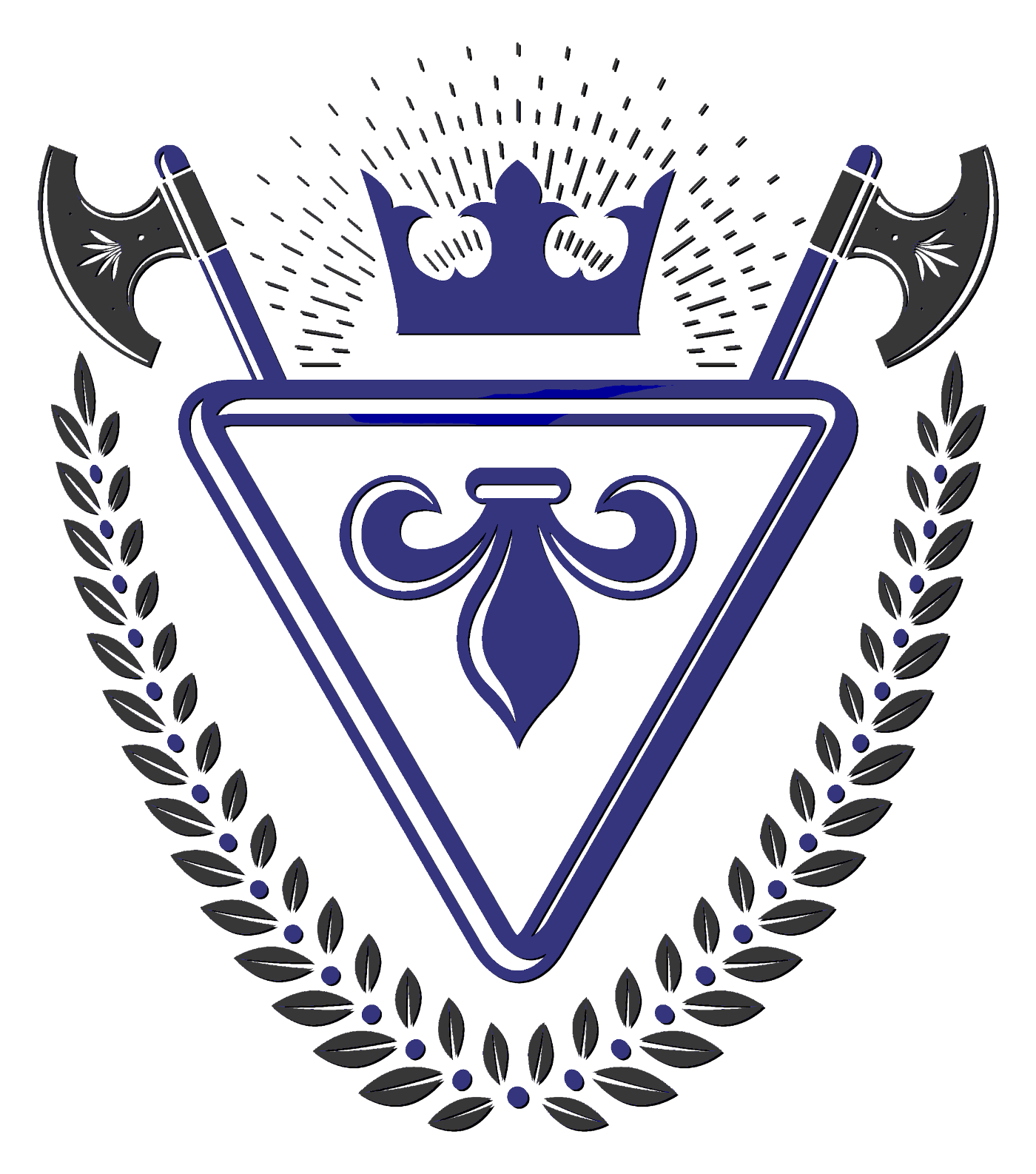Charlotte Jane wrote:
kingjon wrote:
Yes, but ... as I said, age labels on books are for the benefit of book-buyers and bookstores. If I had a young relative whom I bought books for, I would walk into a bookstore (or, nowadays, maybe search Amazon) and try to find books that looked suitable; I wouldn't (usually) take my young relative into the bookstore with me. And if a child is precocious, those who are buying books can (and often will) be told "the child is reading at a fourth-grade level" (or whatever level it is).
I'm homeschooled and i live out in the middle of nowhere, so I speak from my own experience. And usually we already know what books we want, or the child is right there with us. Or we pick the book up, flip through it to decide if it's good, buy it if it is, and-if it's too hard for the child in question-stick it on the bookshelf until the child finds it on his/her own.
So I bow to the person with more practical experience.
I wouldn't say I have much practical experience, except on the receiving end. When I was growing up, my nearest relatives lived a full day's drive away, and it wasn't until I was in the second half of middle school at the earliest that my relatives started giving me bookstore gift cards instead of books. And my allowance was a quarter a week, of which twenty percent was required to go to tithe and savings, so I couldn't buy many books on my own (except from Friends-of-the-Library book sales, at $1 a bag) even when I had opportunity to do so. But because my teachers knew my reading level, my parents knew my reading level, and therefore they could communicate that to my grandparents and aunts and uncles, who were buying the books I got for Christmas and my birthday each year. (And I was required to write thank-you
letters, so they learned whether I had liked the books they gave me

.)
When I got books from the library (either the school library or the city library, which is within walking distance) I never paid attention to markings saying what age books targeted---but I mostly browsed by section ("kids' science") or, in the science fiction/fantasy section, by author (McCaffrey and, I now regret to say, Piers Anthony).
(Oh, and most of the books sold in school book sales or through the book-club catalogs circulated through elementary school classes looked absolutely uninteresting to me, so I never even bothered to look at any age-group-targeting information in those ads or on those books either.)
Basically, a discreet suggestion that "this is at a Nth-grade reading level" somewhere on the back cover of a book, or in advertising copy, provides useful information to people buying books for children not their own (making it more likely that they'll risk buying it if the child in question reads at that level, but less likely that someone will buy it for a child at a substantially different level and then write a scathing review of it), but doesn't seem likely to draw the attention of anyone who's not looking for it.






